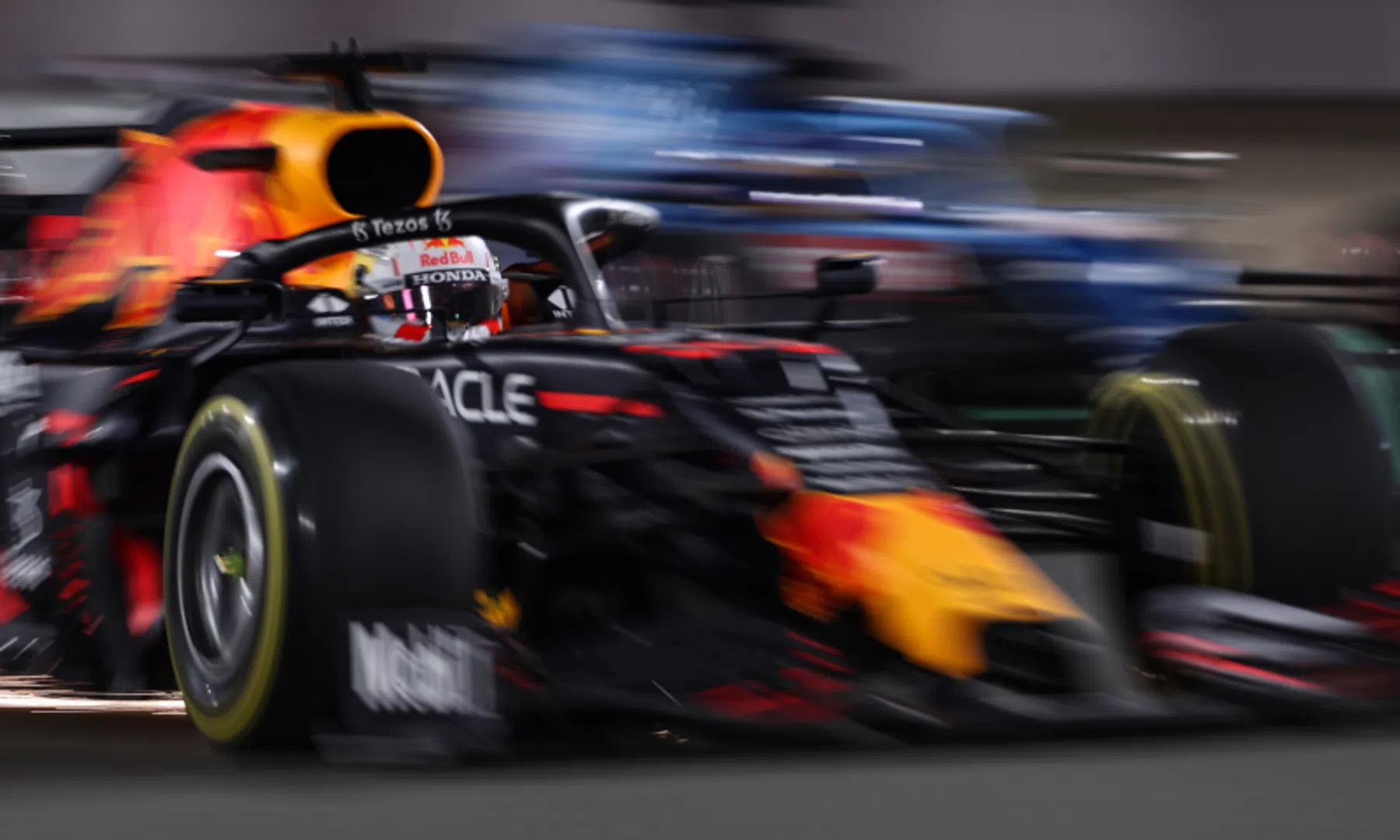Should the FIA have stronger engine penalties for Verstappen and Hamilton?
F1 News

- GPblog.com
Mercedes and Red Bull Racing have been fighting for the world title this season since the first race in Bahrain. While Lewis Hamilton and Max Verstappen are showing an insane battle on the track, the teams are also making it clear where the grey areas of Formula 1 rules lie this season. This includes the engine regulations.
Strategy of Red Bull and Mercedes
The German team made an interesting move during the Brazilian Grand Prix. The team decided to change Hamilton's combustion engine without actually needing to, which resulted in a grid penalty of five places. The Brit and his team took that for granted though, knowing that with a faster engine he would be a lot faster than Verstappen. As a result, the Mercedes driver took the win and Verstappen was left without a chance.
During the race weekend in Saudi Arabia, there are rumours that Red Bull are planning to use the same strategy. As Hamilton seems to have the faster car in the country, a possible engine change for Verstappen should give him a chance of victory. It is a smart strategy by the teams, but it does raise the question of whether the regulations are fit for purpose.
FIA must investigate
The FIA made the current regulations regarding the grid penalties to give the smaller teams financial space. If the bigger teams were allowed to change engines without limit, the teams at the back of the field would have no chance at all. However, teams like Red Bull and Mercedes don't seem to mind because they know they are much faster than the other cars anyway.
With the new engine regulations due in 2026, the FIA would do well to take a look at the current regulations. Is a five-place grid penalty enough for the top teams, as they seem to care little at the moment? The answer seems to be 'no', which is why tougher penalties might be an important contribution to a fairer sport. Maybe the FIA introduce a way of teams having to prove they need a new engine because of reliability concerns, or an actual fault. After all, the fight should be on the track and not through the loopholes of Formula 1 rules.

